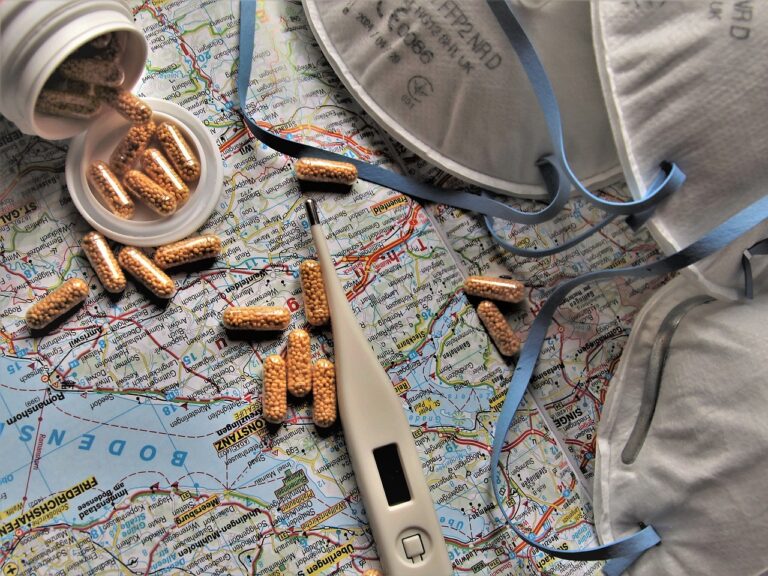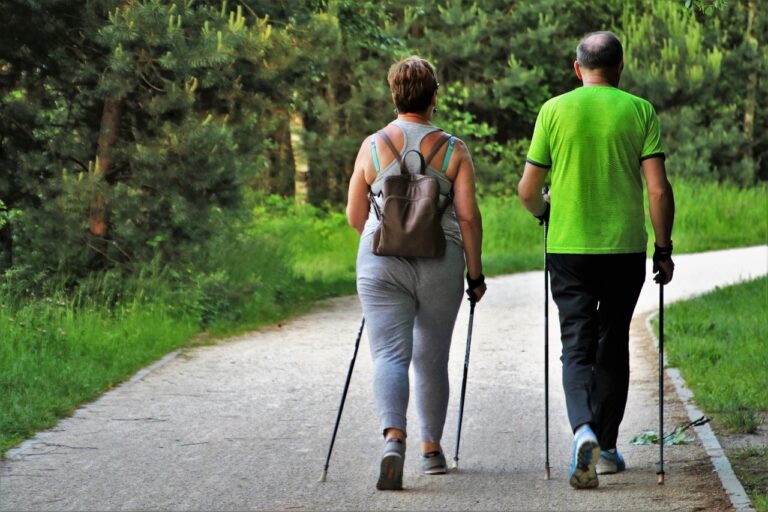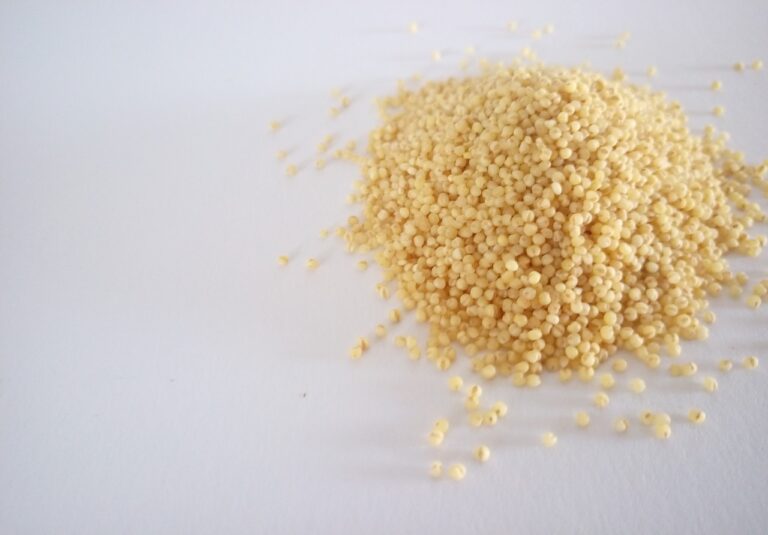Tips for Parenting a Child with PTSD in Peer Relationships
11xplay reddy login registration, reddy anna whatsapp number, golden7777: Parenting a child with post-traumatic stress disorder (PTSD) can be challenging, especially when it comes to their peer relationships. Children with PTSD may struggle with trust, emotional regulation, and forming connections with their peers. As a parent, it’s essential to provide the necessary support and guidance to help your child navigate their social interactions. Here are some tips for parenting a child with PTSD in peer relationships:
Understanding your child’s triggers
One of the first steps in supporting your child with PTSD in peer relationships is to understand their triggers. Triggers are specific sights, sounds, or situations that can bring up memories of their trauma and cause emotional distress. By identifying your child’s triggers, you can help them avoid or cope with these situations when interacting with their peers.
Encourage open communication
Encouraging open communication with your child is crucial in supporting them in their peer relationships. Make sure your child knows they can talk to you about their feelings and experiences without judgment. By fostering a safe and trusting environment, you can help your child process their emotions and navigate their social interactions more effectively.
Help your child build self-esteem
Children with PTSD may struggle with low self-esteem due to their trauma experiences. As a parent, it’s essential to help your child build a positive self-image and a sense of self-worth. Encourage your child to engage in activities they enjoy, praise their efforts and achievements, and remind them of their strengths and abilities. Building your child’s self-esteem can help boost their confidence and improve their relationships with their peers.
Teach coping skills
Teaching your child coping skills can help them manage their emotions and anxiety in social situations. Practice deep breathing exercises, mindfulness techniques, or positive self-talk with your child to help them regulate their emotions when interacting with their peers. By equipping your child with coping skills, you can empower them to navigate their peer relationships with more confidence and resilience.
Set boundaries and provide structure
Setting boundaries and providing structure can help your child with PTSD feel safe and secure in their peer relationships. Establish clear rules and expectations for your child’s social interactions, and communicate these boundaries consistently. By creating a structured and predictable environment, you can help your child feel more in control and supported in their relationships with their peers.
Seek professional support
If your child is struggling with PTSD and their peer relationships, consider seeking professional support. A therapist or counselor who specializes in trauma and child development can provide your child with the tools and strategies they need to navigate their social interactions effectively. Professional support can also help you as a parent better understand your child’s needs and how to support them in their journey towards healing.
In conclusion, parenting a child with PTSD in peer relationships requires patience, understanding, and support. By following these tips and being a consistent source of love and guidance for your child, you can help them build healthy and fulfilling relationships with their peers. Remember that every child is unique, and it’s essential to tailor your approach to meet your child’s specific needs and challenges. With time, patience, and support, you can help your child thrive in their peer relationships and overcome the challenges of living with PTSD.
FAQs:
Q: How can I help my child disclose their trauma to their peers?
A: Encourage open communication with your child and provide a safe and supportive environment for them to share their experiences. Remind your child that it’s okay not to disclose their trauma if they’re not ready, and respect their boundaries and decisions.
Q: What should I do if my child experiences a triggering situation with their peers?
A: Stay calm and provide comfort and reassurance to your child. Help them practice their coping skills and encourage them to take a break or remove themselves from the triggering situation if needed. Follow up with your child afterwards to talk about their feelings and experiences.
Q: How can I support my child’s social skills development?
A: Encourage your child to engage in social activities that align with their interests and strengths. Practice social skills with your child through role-playing, modeling positive interactions, and providing feedback and guidance. Celebrate your child’s efforts and progress in developing their social skills.







